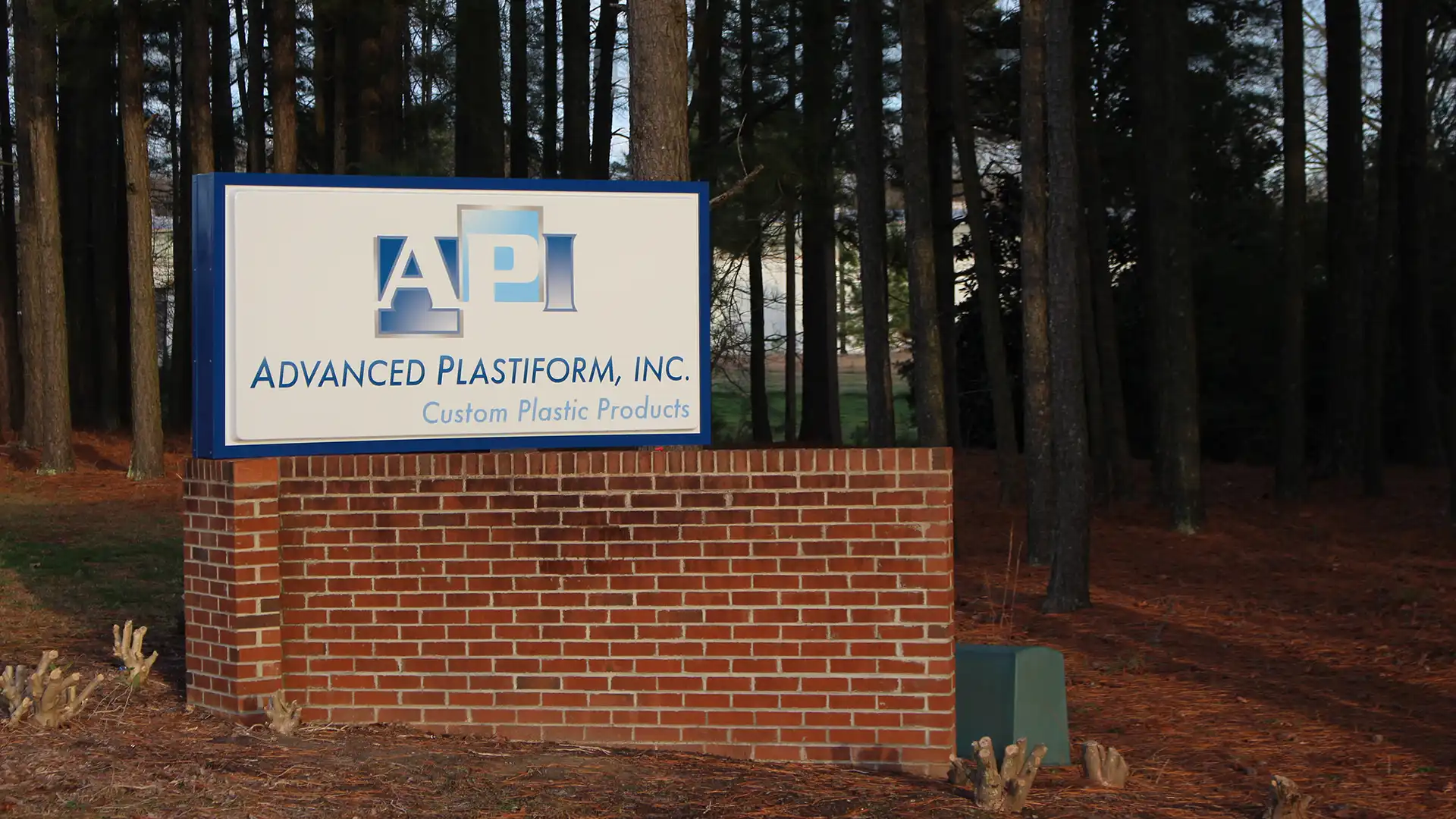When you need a large number of custom plastics, you want the best quality at…
The War in Ukraine's Impact on Plastic Manufacturing
For over two years, most industries have struggled with supply chain challenges — factories shut down, ships stalled at ports, truck driver shortages — these have all led to material shortages, increased prices, and slower turnaround times for some manufacturing companies. Now, with Russia's invasion of Ukraine, we may be facing additional shortages and supply chain issues. Our thermoforming company wanted to explore how the war in Ukraine will affect plastic manufacturing and how we can mitigate shortages before they happen.
Plastic Challenges Before the Invasion of Ukraine
Before Russia invaded Ukraine, there were already supply chain challenges related to plastic and polymer production. As we mentioned above, COVID-19 led to factory shutdowns and shortages of truck drivers. Then, an ice storm struck Texas and led to power outages for several days, halting petroleum production and leading to increased plastic shortages and increased costs for polypropylene and polyethylene.
After several months of volatility, resin prices did begin to stabilize and even recede. Then in February, Russia invaded Ukraine and destabilized the plastics industry once more.
Reduced Petroleum from Russia Affects Plastic Manufacturing
We've all seen the rise in gas prices due to the soaring oil prices, but you may not have thought about how oil prices affect much else. Unfortunately, resin prices, including prices for thermoplastic polymers, are expected to climb. Russia is a large exporter of petroleum, but right now most countries have reduced their imports and placed sanctions on Russia due to the invasion of Ukraine.
The longer the sanctions against Russia go and the fewer oil exports from Russia we accept, the more likely we are to see skyrocketing costs for raw materials or even have a shortage of plastics and polymers.
The good news is that the United States can easily ramp up production for polyethylene due to our reliance on natural gas and local oil, and this keeps the price lower. However, we don't have the capacity to increase polypropylene production by the same amount, so we can expect to see price increases for this material.
Steel Shortages for Tooling Creation
In addition to petroleum that is used to make polymers, the other concern is how the war in Ukraine will affect steel. Russia and Ukraine combined make up the second-largest exporter of steel in the world (China is first), and both nations paused steel exports after the invasion. And even if the war ends soon, steel production will still be impacted — we already know that one of the largest steel factories in Europe, located near Mariupol, Ukraine, was heavily damaged by bombs or missiles.
A steel shortage will make it more difficult to create molds used in injection molding. While thermoforming tooling is generally made from aluminum, injection molding tooling is fabricated from steel, higher grade aluminum, or a copper alloy. Typically, steel is the ideal choice, able to handle high-pressure injection while being a cost-effective material, but supply chain issues on imported steel may cause problems.
Pallet Production Complicates Shipping
In addition to polymers needed to produce plastic parts and components and steel needed to mold the plastic, we are also facing a shortage of pallets used for shipping goods. Ukraine is a major producer of wooden pallets and supplies around 15 million pallets each year to Europe alone.
With fewer pallets to go around, this can slow down shipping at a global level, leading to raw materials sitting in warehouses waiting to be shipped.
Get a Free Quote for Thermoforming and Injection Molding
At Advanced Plastiform, Inc., we are committed to manufacturing high-quality, durable plastic parts, products, and components at low per-unit prices and with fast turnaround times. To learn more about our services or get a quote, contact us today.
We work with companies throughout the Mid-Atlantic and Southeastern states including North Carolina, South Carolina, Pennsylvania, Maryland, Tennessee, Georgia, and Virginia. To learn more about our services or get a free quote, reach out to us today.
Get started now by contacting us at 919-404-2080 or by filling out our convenient online contact form.

